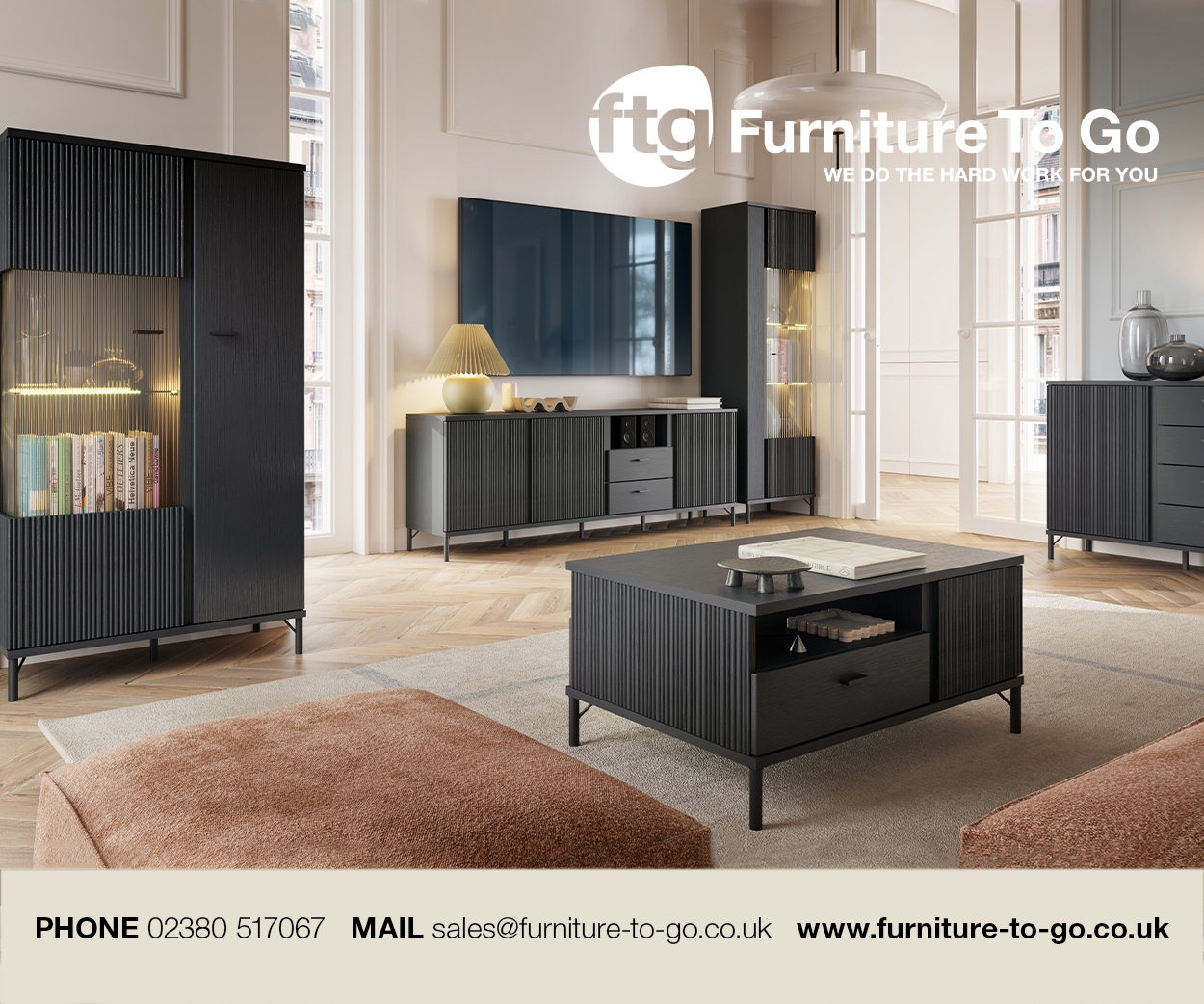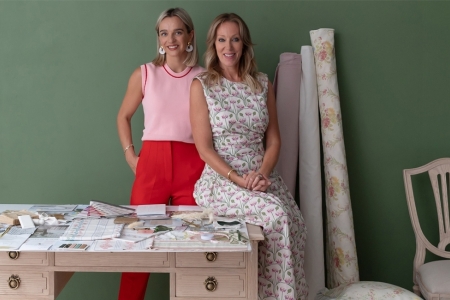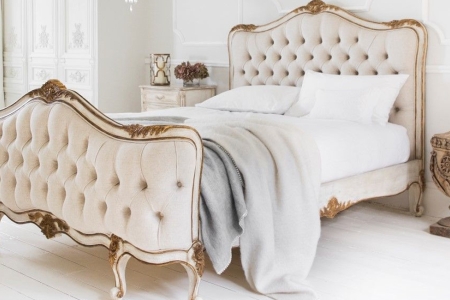Holly joined luxury furniture and mattress e-tailer French Bedroom as head of brand in 2020, before being appointed MD in 2022. Her rich background in management and marketing has given her a strong command of the business, whose portfolio celebrates French design and femininity.
How might a child describe what you do?
Fancy bedrooms.
What’s the biggest long-term challenge you face?
Mastering my ability to ‘slow down, to speed up’ – fast and agile are great, but some of the best strategies are born out of sitting with the problem a little longer. As a natural driver, in a nimble ecommerce environment, being drawn to the fastest solution might not always lead to the most effective long-term solution.
That said, how do you even define ‘long-term’ in the digital world?
If you had 10 x your working budget, what would you spend it on?
Setting up a French Bedroom Hotel in Provence for prospective and existing customers to stay in. Plus, an annual stay for our fab team of course!
What would be the title of your autobiography?
JFDI (sorry Nike!).
What does ‘work/life balance’ mean to you?
‘Love the one you’re with’ then layer in discipline, routine, boundaries – applies professionally and personally! All we have is time – and what we choose to do with it.
Who’s been your most influential professional mentor?
Georgia Metcalfe, French Bedroom’s founder – relentless creative vision, with a nurturing approach to inspiring and mentoring the next generation.
What advice would you give your younger self?
Save some of that kindness for yourself.
What’s been your best day in business to date?
It’s impossible to pick just one moment, or one business. The many memories I treasure involve high-performance work cultures – with people I admire and respect.
What’s the biggest myth about our industry?
That it’s still a sea of white males. There are so many incredible female founders, leaders, designers – they’re just too busy growing their own businesses or roles to have time to self promote. What can the industry do to celebrate these women?
What should everyone in our industry either stop or start doing?
Can we embrace a new working week? Covid presented a more fluid working week, and businesses and profitability grew. A more fluid week would mean more women in boardrooms, more customers better serviced, more productivity from boardrooms, to factories, to stores. From life stages to neurodiversity, asking employees and teams to conform restricts their ability to perform.
All the data points to women making household decisions about furniture purchases – but, whilst women can ‘have it all’, they’re struggling to ‘have it all at once’, and men are struggling to help them. This leads to talented women leaving the industry before they have chance to make it to the boardroom, resulting in unbalanced senior leadership teams, underrepresenting our most important stakeholder – the customer.
Equally, building diverse teams becomes harder when you ask everyone to conform to the same way of working – someone who loses out can’t reach peak performance. If your boardroom looks like a mirror, could a ‘new working week’ be a potential solution?
Where do you see the industry going in the next 5-10 years?
Expect a big spike for popularity in antiques, secondhand marketplaces, repair solutions, returns solutions – consumers are more and more mindful of where their waste goes. In addition, life continues to become increasingly expensive. From every angle, we need to make what we already have last longer.
In marketing, trends are pointing to a growing focus on community – over simply spending to drive traffic online or in-store. Consumers want to feel connected and safe, detoxing from the oversaturated digital world and leaning into brands who make them feel part of something hopeful and optimistic. McKinsey have a great report on this.
What question do you wish we’d asked? How would you have answered?
Q. What could industry leaders do better?
A. Why do senior leaders keep calling Gen Z ‘lazy’? As a millennial, I recognise the difference between my own behaviour and mindset verus Gen Z. Firstly, my experience of exchanging overtime for career progression. Gen Z see a way to do things differently – that doesn’t mean they are not hungry to perform, it means they value their health and wellness, which is a key ingredient to a high-performance work culture.
Gen Z are also much more prepared to embrace a more automated future – and they genuinely care about long-term business direction as a key driver for motivation. Ensure they understand your long-term strategy, respect their boundaries, invite them to teach back, and make sure they focus on ‘performing’ not ‘pleasing’ – but please don’t mistake them for ‘lazy’ to mask one’s own flaws.











